
Gilead Sciences is seeking FDA approval for emtricitabine/tenofovir alafenamide.

Kjel Jonhson, PharmD, Vice President of Global Oncology for IMS Health, discusses innovative new therapies for the treatment of cancer.

CCZ impairs the ability of the virus to enter human liver cells.
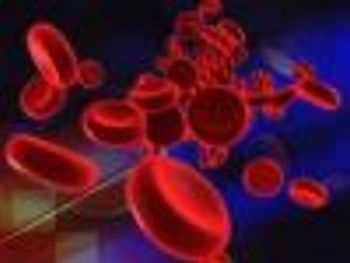
Ibrutinib found to control Waldenstrom's Macroglobulinemia in 95% of patients.
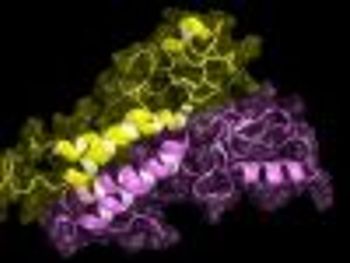
Analysis of cancer-causing mutations in the BRCA1 or BRCA2 genes may lead to more effective treatments.

Lack of adherence remains a major source of health care costs among HIV patients.

Study finds that UV tanning meets the same criteria as smoking as a cause of cancer.

New FDA-approved drug used to treat patients with chronic iron overload.

Staying abreast of changes to the 340B Drug Pricing Program is critical for maintaining program compliance.
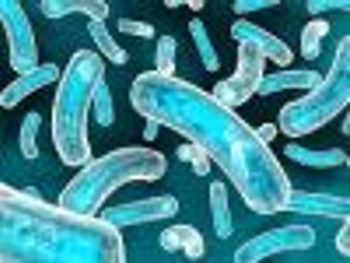
Accelerated aging of DNA can lead to diseases such as cancer and osteoporosis.
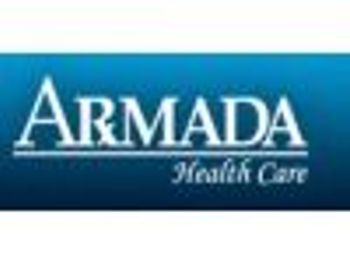
New software platform will complement existing pharmacy software and optimize patient management.

The FDA refused to approve Novo Nordisk's ultra-long-acting insulin treatments 2 years ago.
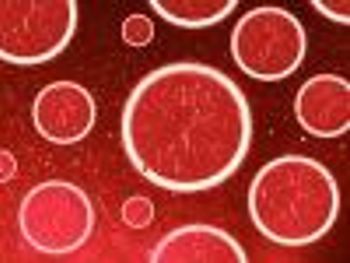
Vast majority of children with HIV experience recovery of immune system following therapy.

Researchers suggest financial incentives to reward patient-centered care.

Companies to jointly market software to health care providers.
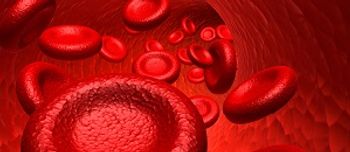
The FDA has granted orphan drug designation to Prolong Pharmaceuticals' sickle cell disease treatment.
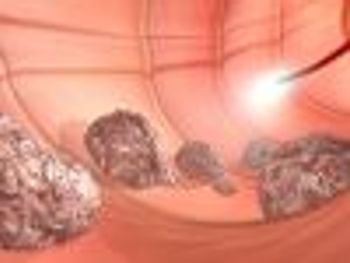
Enzyme blocker reduces growth of intestinal tumors.

Prevalence of tanning linked to sharp increase in melanoma risk.
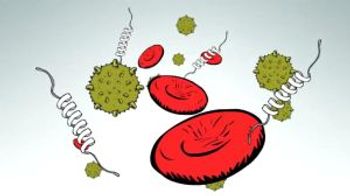
The FDA has granted 2 breakthrough therapy designations to grazoprevir/elbasvir.

Private insurers and Medicare patients can pay up to 43 times less than the uninsured.

Study finds 1 in 5 Medicare patients have surgery delayed.

Making intravenous bag labels more legible could prevent medication errors during high-stress clinical situations.

HIV antiviral therapy can prevent infection from establishing in at-risk individuals.

Enzyme blocker shows potential in treating infections such as Ebola virus.

Pharmacy Times today joins with Cash Wise Pharmacy, Bashas' and Good Neighbor Pharmacy as it expands its Strategic Alliance Partnership (SAP) program. Sister publication Specialty Pharmacy Times added Avita and Biologics to its roster of strategic alliances.
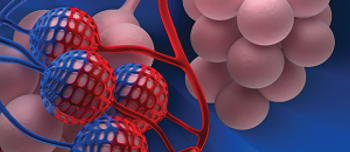
Well-trained pharmacists can successfully screen patients for COPD in the community setting.

Mitra Habibi, PharmD, a clinical pharmacist at the University of Illinois Hospital and Health Sciences System, discusses methods specialty pharmacies can use to enhance adherence in patients with multiple sclerosis.

HIV patients need to have undetectable viral load to undergo procedure.

Glioblastoma Multiforme treatment may extend current one year survival rate.